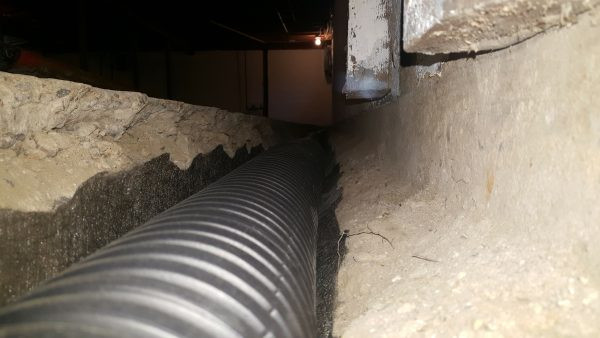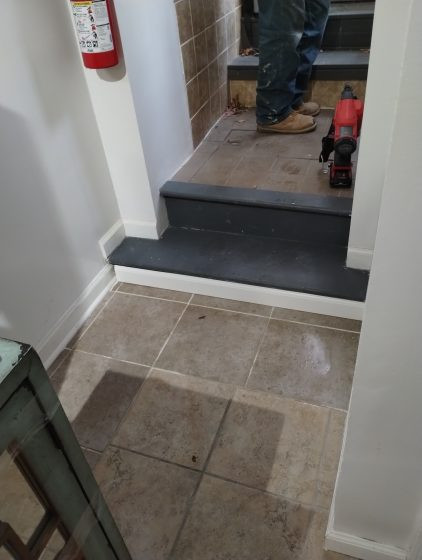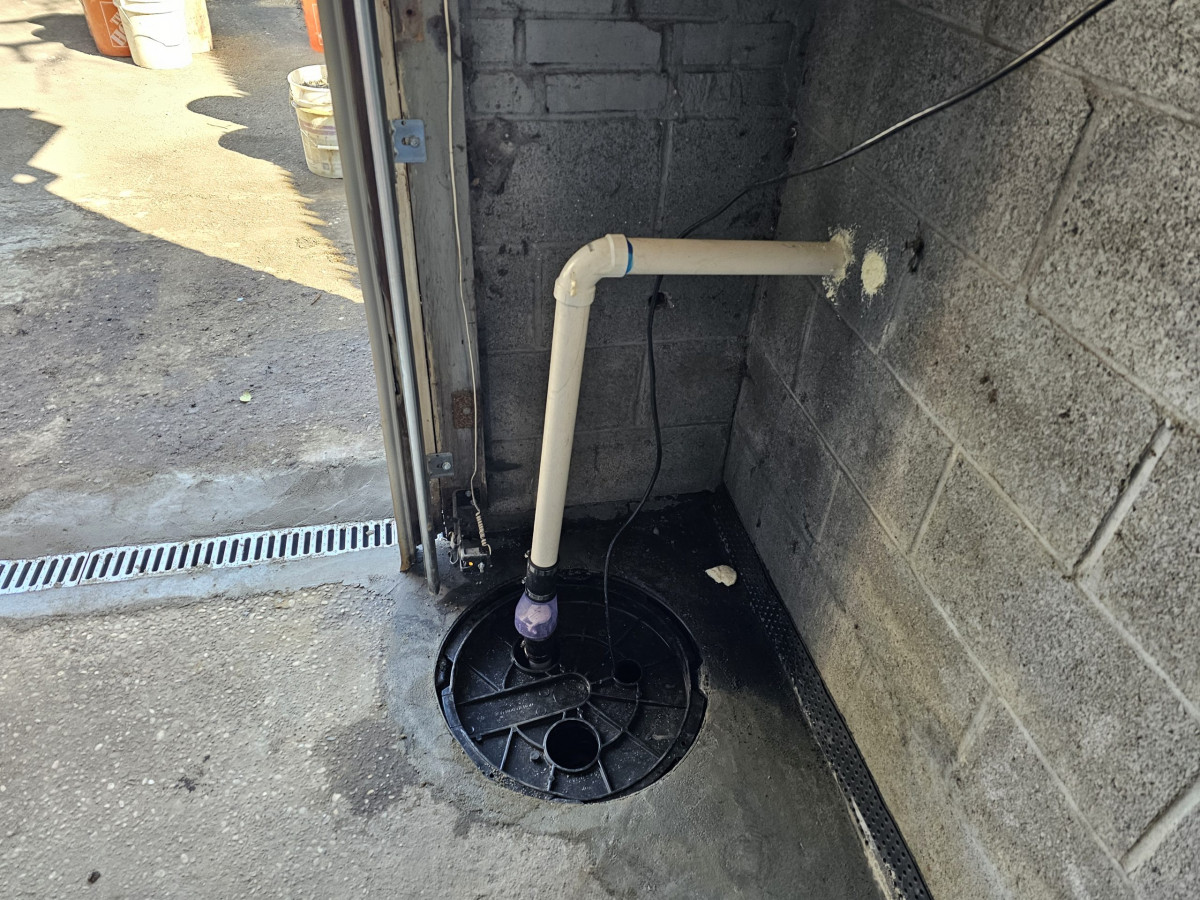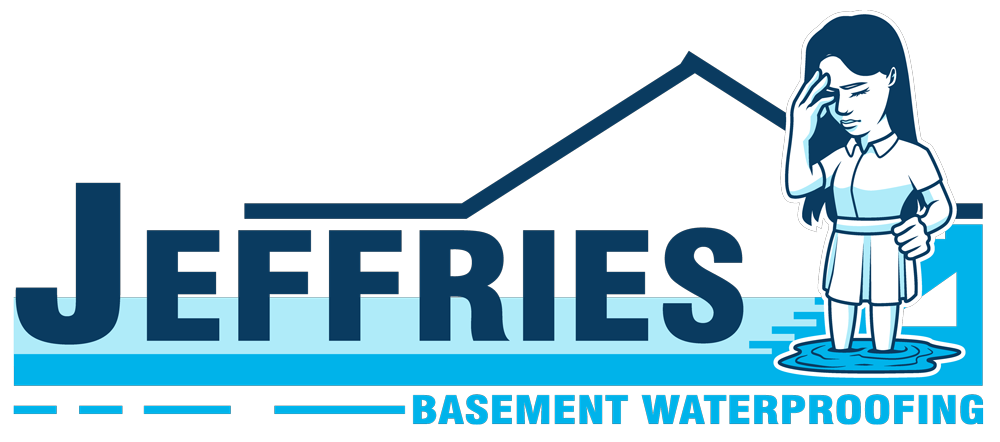You’ve probably had your fair share of concerns about waterproofing and repair services as a homeowner. Identifying water leaks, regular maintenance, and effective waterproofing materials are all valid topics that have likely crossed your mind. What about the costs involved and how to choose a reliable service provider? And let’s not forget the long-term value of waterproofing investments. There’s a lot to consider, but don’t worry, we’re about to unravel these FAQs to help you make the most informed decisions for your home. Curious to find out more? Let’s get started.
Key Takeaways
- Waterproofing involves using materials and methods that repel water to prevent leaks and moisture damage in homes.
- Common signs of water issues include mold growth, unpleasant odors, texture changes, and staining due to leaks.
- Regular maintenance and early detection through inspections can prevent costly repairs and preserve home structural integrity.
- When choosing a professional waterproofing service, verify credentials, review testimonials, assess company reliability, and understand cost estimates.
- Waterproofing enhances property value by preventing water damage, preserving structural integrity, and reducing potential repair costs.
Understanding Home Waterproofing Basics
Diving into the world of home waterproofing can seem daunting at first glance. However, don’t let it scare you off. A basic understanding of the process and key elements, like foundation drainage and waterproof materials, can go a long way.
Firstly, let’s tackle foundation drainage. It’s a crucial system designed to direct water away from your home’s foundation. This prevents water from seeping into your basement or crawl space, saving you a lot of headache and potential damage.
You can achieve effective foundation drainage by installing a proper gutter system, grading your yard away from your home, and using a sump pump in your basement.
As for waterproof materials, they’re an essential part of any waterproofing plan. These range from concrete sealants to plastic sheeting and water-resistant paints.
Their main job is to create a barrier that repels water, keeping your home dry and safe.
Identifying Common Home Water Issues
Now that you’ve got a grip on the basics of home waterproofing, let’s move on to spotting common water issues in your home.
You need to know how to identify signs of water damage and understand where moisture in your home is coming from.
These are key steps in maintaining a dry and healthy living environment.
Recognizing Water Damage Signs
In the realm of homeownership, recognizing water damage signs is a critical skill.
It’s not just about aesthetics; unchecked water damage can lead to mold growth and compromise your home’s structural integrity. Being vigilant for these signs can save you time, money, and safeguard your family’s health.
To help you identify potential issues, here are some common signs of water damage to watch out for:
- Unpleasant odors: Persistent musty smells can indicate mold or mildew resulting from hidden water damage.
- Visual mold growth: While not all molds pose health risks, any mold is an indicator of excess moisture and potential water damage.
- Changes in texture: Bubbling, warping, or sagging in your walls, flooring, or ceilings can suggest water damage.
- Stains and discoloration: Unexplained stains on your walls or ceilings can be a sign of a leaky pipe or roof.
Understanding Home Moisture Sources
While you’re keeping an eye out for water damage signs, it’s equally important to understand where the moisture might be coming from. Moisture sources in your home are diverse and can range from obvious to subtle.
Basement leaks are a common moisture source. Poor drainage systems can cause water to pool around your home’s foundation, leading to leaks. Upgrading your drainage systems and considering humidity control methods can prevent these leaks.
Plumbing issues are another common culprit. Leaky pipes and fixtures can create moist environments ideal for mold growth. Regular inspections and prompt repairs can mitigate this issue.
Roof leaks, although not always easy to spot, can cause significant damage. Regular maintenance is key to preventing roof leaks, especially during seasonal changes.
Your home’s ventilation solutions also play a role in controlling moisture. Poor ventilation can lead to high humidity levels and condensation, particularly in bathrooms and kitchens. Ensuring these areas are well ventilated can improve humidity control.
Understanding these moisture sources is the first step to preventing water damage. By addressing these issues head on, you’re taking a proactive approach to keep your home dry and damage-free.
Importance of Regular Maintenance
You might wonder why regular maintenance is so vital.
It’s not just about preventing long-term damage to your home, but also making sure you’re saving money in the long run.
Plus, it’s one of the best ways to enhance your property’s value.
Preventing Long-Term Damage
Regular maintenance is your best defense against long-term water damage to your home.
It’s crucial to take proactive steps to prevent the issues that can lead to costly repairs down the line. Your home’s protection largely depends on efficient drainage solutions and effective moisture barriers.
- A good drainage system ensures that water moves away from your home, rather than accumulating around the foundation where it can cause damage.
- Moisture barriers, when properly installed, protect your home’s foundation from water seepage which can lead to structural damage.
- Regular inspection can identify small problems before they become big ones.
Catching and addressing issues early can save you considerable time and money.
- Finally, don’t forget about your gutters and downspouts! Keeping these clear and in good repair is an essential part of your home’s water defense system.
Cost Benefits Analysis
Understanding the cost benefits of regular maintenance offers a compelling perspective on the value of your investment in routine waterproofing tasks.
It’s about more than just preserving the structure of your home. It’s about implementing cost saving strategies that maximize your investment returns over time.
Think of it this way: by allocating funds for regular maintenance, you’re essentially paying into a savings account. Instead of letting minor issues escalate into major problems down the line, you’re nipping them in the bud early.
You’re saving on potential repair costs, which likely would be much steeper than the cost of maintaining your home’s waterproofing system.
Moreover, regular maintenance keeps your home in prime condition, which can save you a bundle in the long run. It helps prevent damage that could devalue your home, ensuring you maintain – and possibly even increase – the value of your property over time.
In other words, it’s an investment in your future that pays off in more ways than one.
Enhancing Property Value
Over time, undertaking regular maintenance of your home’s waterproofing system can significantly enhance its value.
It’s not just about preventing water damage or potential disasters; it’s also about improving your property appeal and creating a positive market perception.
You’ll find that a well-maintained waterproofing system is an attractive feature for potential buyers. It implies a level of care and attention that speaks volumes about the overall upkeep of your home.
But how does this regular maintenance influence your property’s value? Let’s dive into it:
- Preventing costly repairs: Regular maintenance can help you discover potential issues before they escalate into costly problems.
- Improving market perception: A well-maintained home, free from water damage worries, can attract more potential buyers.
- Enhancing property appeal: Homes with a well-kept waterproofing system are seen as more desirable, which can boost your home’s overall appeal.
- Increasing lifespan of the property: Regular maintenance ensures longevity and durability, which can significantly augment the value of your property.
Don’t underestimate the importance of regular maintenance. It’s a small but savvy investment in enhancing your property’s value.
When to Consider Repair Services
Sometimes, despite your best efforts to maintain a dry and healthy home, water damage can sneak up on you. When you notice signs of water damage such as mold, damp walls, or a musty smell, it’s time to consider repair services.
Ignoring these signs can lead to more extensive damage and costly repairs down the line.
The repair frequency will depend on the extent of the damage and the effectiveness of the initial repair. Minor issues may require a one-time fix, while major problems could necessitate frequent check-ins and prolonged service timelines.
Not all damage is visible, so it’s important to get your home inspected by professionals if you suspect hidden water damage.
Choosing a Reliable Service Provider
Navigating the maze of waterproofing service providers can feel overwhelming. Don’t fret; it’s possible to find a reliable one if you know what to look for.
Consider service credentials first. A reputable provider has proper licensing, insurance, and professional certifications. They’re a testament to the company’s commitment to high standards and technical proficiency.
Dig into their work history too, which can provide insights into their expertise and reliability. Client testimonials are another valuable resource. These are firsthand accounts of customers’ experiences. They give you an idea of the provider’s quality of work, professionalism, and customer service.
To help you choose the right service provider, here are a few tips:
- Verify the provider’s service credentials. Look for proper licensing, insurance, and certifications.
- Read client testimonials. They’re invaluable for assessing the provider’s reputation.
- Check the company’s longevity. A long-standing business often indicates reliability.
- Ask for a written estimate before work begins. It helps avoid unexpected costs.
Costs Associated With Waterproofing
After securing a trustworthy provider, your next step is to understand the costs involved in waterproofing your home. The total price you’ll shell out comprises two main aspects: waterproofing materials costs and installation price factors.
Waterproofing materials costs can vary depending on the type and quality of materials used. Generally, higher-quality materials come with a heftier price tag, but they also tend to last longer, reducing the need for frequent replacements.
Installation price factors include the size of the area to be waterproofed, the complexity of the job, and the rates of the service provider. Larger or more complex jobs will likely cost more due to the additional labor and time required.
To give you a clearer picture, here’s a quick rundown in a table:
| Aspect | Description | Price Influence |
|---|---|---|
| Materials | Type and quality of waterproofing materials | Higher quality = Higher cost |
| Size of Area | Square footage to be waterproofed | Bigger area = Higher cost |
| Job Complexity | Difficulty and time needed for the job | More complex = Higher cost |
DIY Vs Professional Services
While you might be tempted to tackle waterproofing as a DIY project to save on costs, it’s crucial to weigh the pros and cons of this approach carefully against hiring professional services.
DIY techniques may seem cost-effective initially, but without proper knowledge and experience, you could end up spending more on redoing the project.
Professional expertise typically ensures a thorough job, taking into account the project scope and material selection for long-term solutions.
There’s also the time investment to consider. DIY might mean spending your weekends and free evenings on the project, while professionals can complete it in a timelier manner.
Safety considerations are another key factor – professionals are trained to handle potential hazards, something that can’t be underestimated.
Consider the following points:
- Do a cost comparison between DIY and professional services, including the price of materials and potential repair costs.
- Evaluate the time investment required for DIY against the convenience of professional services.
- Consider the long-term solutions offered by professional waterproofing as opposed to potential short-term fixes from DIY.
- Always prioritize safety considerations, especially when dealing with extensive waterproofing projects.

Waterproofing and Home Value
Boosting your property’s value often involves more than just cosmetic upgrades; investing in practical improvements like waterproofing can significantly increase your home’s worth.
It’s a common misconception perpetuated by waterproofing myths that such a project is unnecessary and doesn’t add to the property value. However, this isn’t true.
Waterproofing helps protect your property from damage caused by water seepage, dampness, and mold. It ensures the structural integrity of your home, giving potential buyers peace of mind and increasing the likelihood of a successful home resale.
Buyers don’t want to inherit problems and would be willing to pay more for a home that’s been properly maintained and waterproofed.
Moreover, waterproofing can save you money in the long run. Ignoring water damage can lead to costly repairs and decrease your home’s value.
So, you now know the basics of home waterproofing, how to spot water issues, and the importance of regular maintenance. You’ve learned when to seek repair services, how to pick a reliable provider, and the costs involved. We’ve compared DIY and professional services and discussed the impact on your home’s value. Armed with this knowledge, you’re well-equipped to protect your home from water damage. Remember, investing in waterproofing today can save costly repairs tomorrow.





